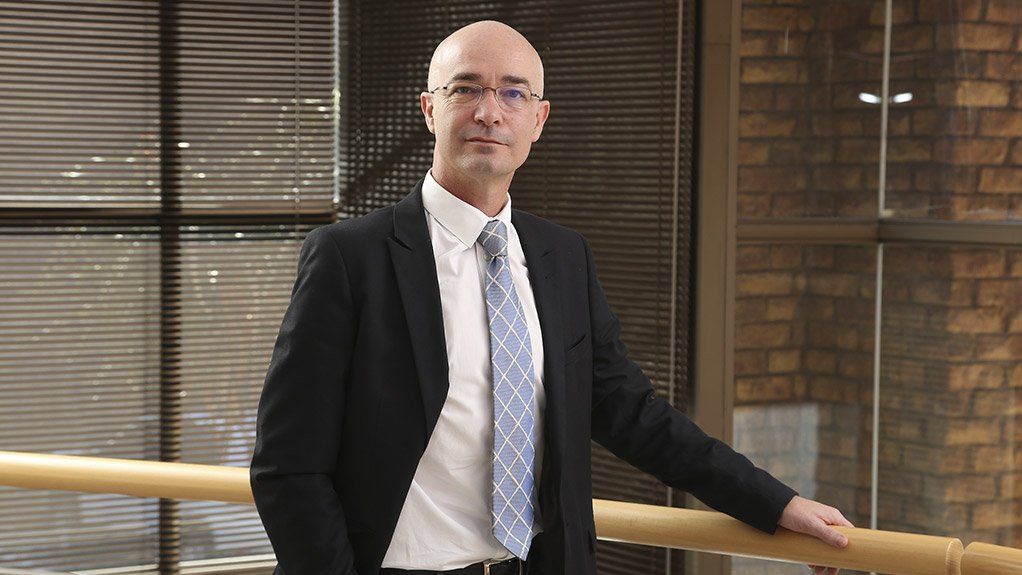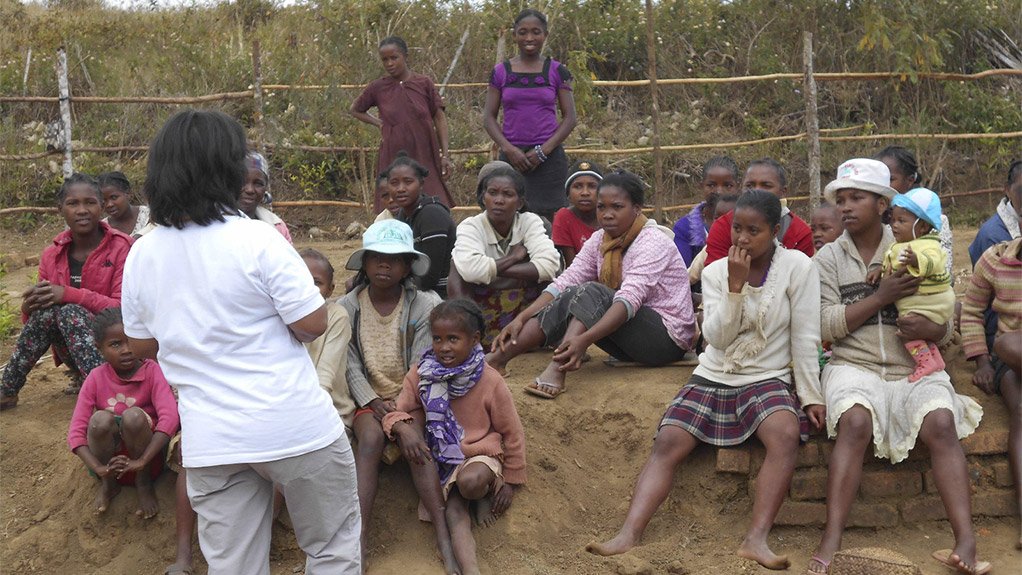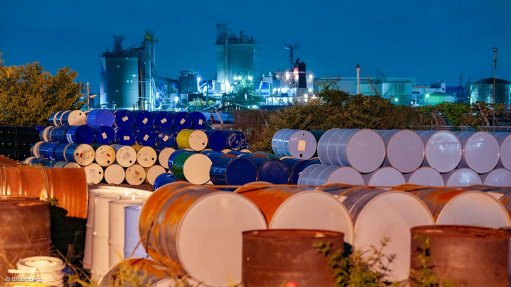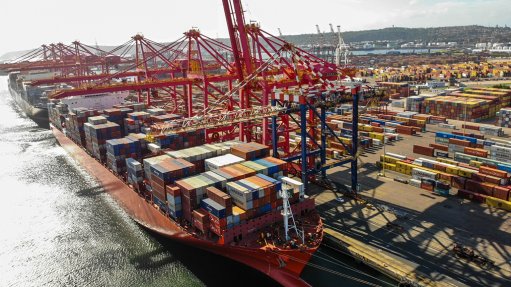Getting the most from social and labour plans
This article has been supplied as a media statement and is not written by Creamer Media. It may be available only for a limited time on this website.
South African mining companies are spending substantial sums on their Social and Labour Plans (SLPs). As a tool for improving the positive impacts of mining in South Africa, the SLPs developed and executed by mines have not produced optimal outcomes – but the industry is continually improving their approach and understanding. An example of this ongoing learning is the knowledge that has been gained in recent years about the importance of community consultation and how new insights could help achieve much better results.
Mandated by the Mineral and Petroleum Resources Development Act, SLPs aim to promote employment, advance community welfare, help transform the mining industry and contribute to developing the areas where mines operate. According to SRK Consulting partner and principal consultant Darryll Kilian, one of the shortfalls is that communities often have limited input into SLP planning and implementation.
“It is certainly the case that more consultation is required in the formulation and implementation of SLPs,” argued Kilian. “Such engagement can help to open up opportunities and consolidate buy-in for when projects are finally rolled out.”
Effective engagement
Recent research has shown that community feedback highlights how little involvement respondents have in the SLP planning process, with lack of public participation being a key opportunity for further optimisation in the mineral benefits system.
With little influence on the content of an SLP, mining communities often express reservations about whether SLP projects really target their needs, he said. Responding to this meant applying various interventions which included more awareness raising and greater efforts to engage a wider audience. There was a concern that mines often consult with only a narrow range of local interests – such as traditional leaders and politically connected individuals.
He argued that a detailed process of stakeholder mapping has proved to be valuable in establishing a strong starting point for community engagement and consultation. It was also important to maintain community involvement throughout the SLP life cycle – as projects and initiatives were tested and rolled out.
Integrated Development Plans
It is accepted that SLPs should align with the local municipality’s Integrated Development Plan (IDP), to enhance the momentum of government efforts on the ground. At the same time, IDPs focus on a wider range of concerns than SLPs – such as attracting investors and building the local economy.
“Some researchers have warned that, in taking municipal IDPs into account, mines should not limit themselves to consultation with the municipality – as a replacement for direct community engagement,” he said. “Communities often do not have meaningful influence over what goes into the IDP, and the IDP has to aggregate the full range of local interests – including local business and well-resourced segments of the community.”
In contrast, SLPs are aimed specifically at developing poorer and marginalised segments of the community. Kilian highlighted that the decline in basic service delivery by many municipalities was making this task more onerous.
“The SLP is a condition of each operation’s mining right, so mines have tended to embark on their SLPs and related projects on their own – trying to make the best use of their own limited resources,” said Kilian. “Over time, it is becoming clearer that this approach is not optimal in delivering the positive impacts that stakeholders are looking for.”
Services eroding
“As infrastructure and services have often eroded in mining areas, a mine-by-mine response is becoming increasingly ineffective,” he explained. “Rather than focusing SLPs only on immediate mining communities, there is now a need for collaboration across wider mining regions.”
Kilian noted that large mining companies for whom SRK has conducted or reviewed SLPs have already begun considering this broader level of planning and cooperation. The linking up is necessary not just between mines, but between mining companies and well-resourced partners like international development finance institutions and donors.
“Where multiple mines can pool their ideas, strategies and resources, they can consider approaching development agencies to make more significant investments in key infrastructure that may have a benefit over a much larger area,” he said. “While this widens the focus of each mine’s SLP, these larger interventions will still have a direct and positive impact on the mine’s local community.”
Partnerships
Mines would still dedicate their committed funds to local communities, said Kilian, but there was scope for mining companies to include partnerships with regional and international development agencies in their SLPs.
“For instance, if a large funder was wanting to work with government on upgrading wastewater treatment facilities across the country, mines could make a valuable contribution in their areas through their SLPs,” he said.
This approach could also have the advantage of being more proactive, and addressing root causes of social and economic challenges – rather than just their symptoms. Where failing water treatment plants could lead to disease, for example, added local resources may end up being diverted to health facilities.
Scalable roll-out
He emphasised the importance of scalability in the roll-out of basic services and infrastructure – which is possible with larger investment but difficult for mines to achieve on their own. Partnerships are therefore increasingly vital in addressing the host of growing issues around mines, many arising from unemployment, poverty and lack of basic services.
“Mines often feel overwhelmed by the myriad demands that are faced in local communities, all of which are worthy of response,” explained Kilian. “However, it is clear that – with the best will in the world – the resources of individual mines are not sufficient by themselves.”
He pointed to the possibilities associated with collaboration around the water resources pumped to surface by many mines. By taking a water stewardship approach and working together with government, community and funding stakeholders, a group of mines in the same catchment area could develop exciting water projects at scale.
Comments
Press Office
Announcements
What's On
Subscribe to improve your user experience...
Option 1 (equivalent of R125 a month):
Receive a weekly copy of Creamer Media's Engineering News & Mining Weekly magazine
(print copy for those in South Africa and e-magazine for those outside of South Africa)
Receive daily email newsletters
Access to full search results
Access archive of magazine back copies
Access to Projects in Progress
Access to ONE Research Report of your choice in PDF format
Option 2 (equivalent of R375 a month):
All benefits from Option 1
PLUS
Access to Creamer Media's Research Channel Africa for ALL Research Reports, in PDF format, on various industrial and mining sectors
including Electricity; Water; Energy Transition; Hydrogen; Roads, Rail and Ports; Coal; Gold; Platinum; Battery Metals; etc.
Already a subscriber?
Forgotten your password?
Receive weekly copy of Creamer Media's Engineering News & Mining Weekly magazine (print copy for those in South Africa and e-magazine for those outside of South Africa)
➕
Recieve daily email newsletters
➕
Access to full search results
➕
Access archive of magazine back copies
➕
Access to Projects in Progress
➕
Access to ONE Research Report of your choice in PDF format
RESEARCH CHANNEL AFRICA
R4500 (equivalent of R375 a month)
SUBSCRIBEAll benefits from Option 1
➕
Access to Creamer Media's Research Channel Africa for ALL Research Reports on various industrial and mining sectors, in PDF format, including on:
Electricity
➕
Water
➕
Energy Transition
➕
Hydrogen
➕
Roads, Rail and Ports
➕
Coal
➕
Gold
➕
Platinum
➕
Battery Metals
➕
etc.
Receive all benefits from Option 1 or Option 2 delivered to numerous people at your company
➕
Multiple User names and Passwords for simultaneous log-ins
➕
Intranet integration access to all in your organisation























